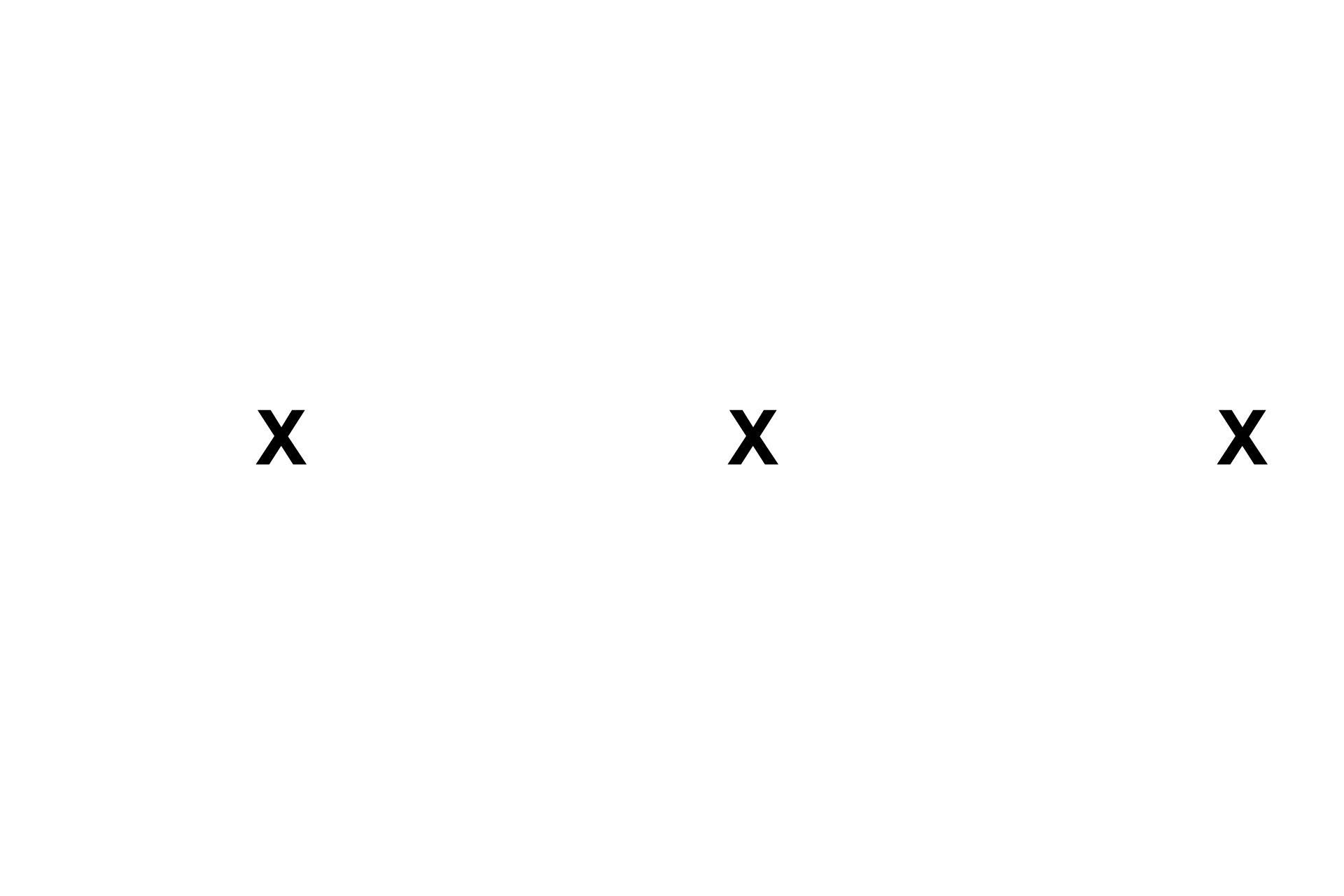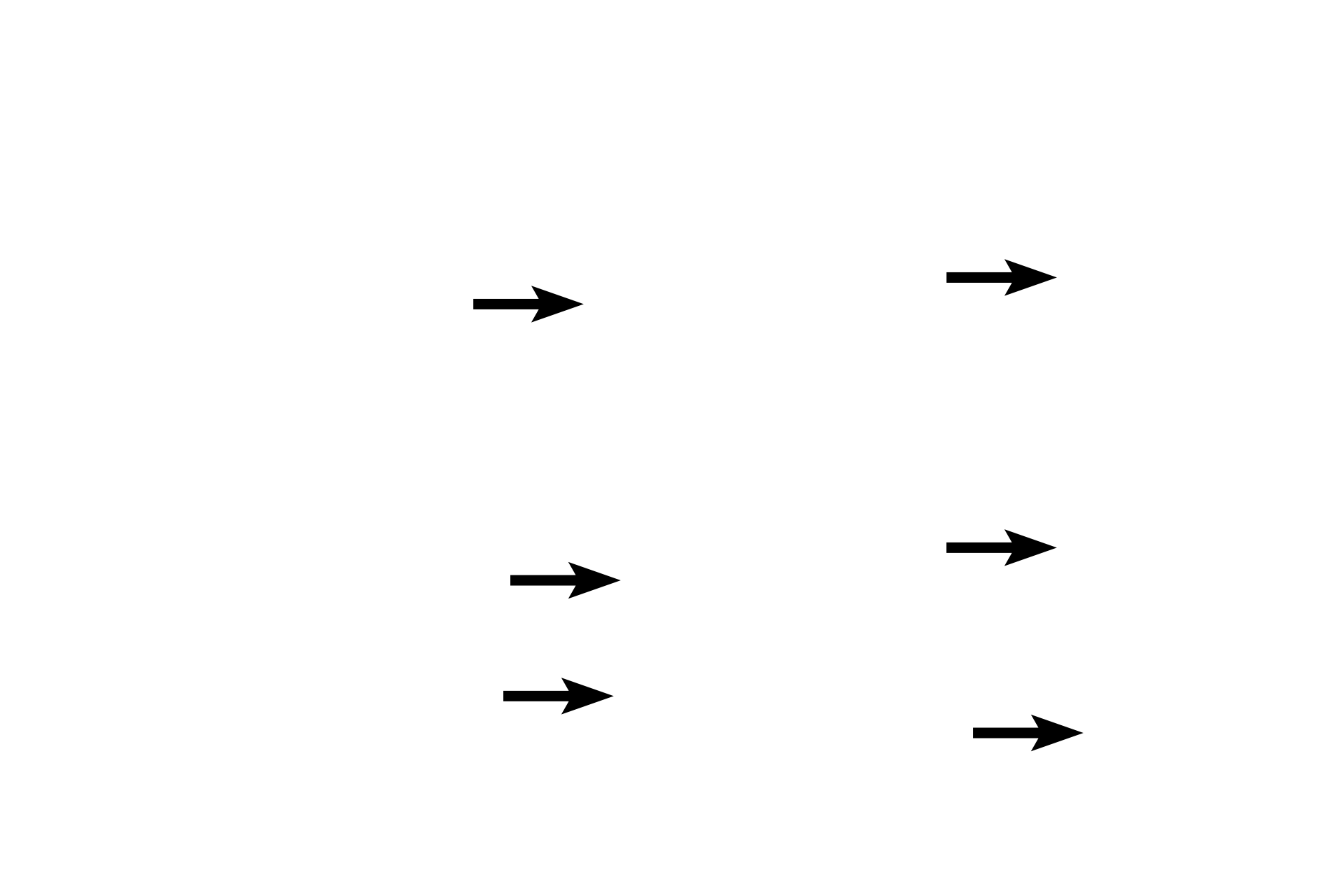
Thyroid gland
These images demonstrate the transition of follicle cells from inactive (left) to active (right). The tall, active, follicular epithelium indicates that cells are either actively secreting thyroglobulin into the follicular lumen or are resorbing thyroglobulin for processing into thyroid hormones. Note also the large number of capillaries which receive the T3 and T4 hormones. 1000x

Inactive follicle cells
These images demonstrate the transition of follicle cells from inactive (left) to active (right). The tall, active, follicular epithelium indicates that cells are either actively secreting thyroglobulin into the follicular lumen or are resorbing thyroglobulin for processing into thyroid hormones. Note also the large number of capillaries which receive the T3 and T4 hormones. 1000x

Intermediate activity follicle cells
These images demonstrate the transition of follicle cells from inactive (left) to active (right). The tall, active, follicular epithelium indicates that cells are either actively secreting thyroglobulin into the follicular lumen or are resorbing thyroglobulin for processing into thyroid hormones. Note also the large number of capillaries which receive the T3 and T4 hormones. 1000x

Active follicle cells >
The increased height of the follicle cells results from a greater abundance of synthetic and protein-processing organelles. Also present are granules, which are involved either in the transport and release of thyroglobulin into the lumen or resorption and processing of thyroglobulin to release T3 and T4 into the surrounding capillaries.

Granules
The increased height of the follicle cells results from a greater abundance of synthetic and protein-processing organelles. Also present are granules, which are involved either in the transport and release of thyroglobulin into the lumen or resorption and processing of thyroglobulin to release T3 and T4 into the surrounding capillaries.

Thyroglobulin
The increased height of the follicle cells results from a greater abundance of synthetic and protein-processing organelles. Also present are granules, which are involved either in the transport and release of thyroglobulin into the lumen or resorption and processing of thyroglobulin to release T3 and T4 into the surrounding capillaries.

Capillaries >
As in other endocrine organs, these capillaries are fenestrated. Fenestrations are small pores in the endothelium, which facilitate movement of materials in and out of the blood stream. Capillaries are present in all follicles, but are more visible in the intermediate and highly active follicle wall.
 PREVIOUS
PREVIOUS